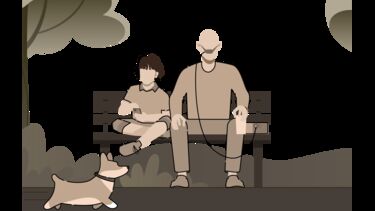Outputs
On this page you will find our publications, films, and resources, all of which are open access.

Journal Articles
Ellis, J., Atkinson, L., Glover, S., Kettle, J., Joseph, G., Hale, J., Jones, A., Coles, M., Bligh, L., Bridgens, R., O'Kane, C., Negus, J., Ali, H., Thompson, C., Waters, S., Coats, C., Gibson, B., Weiner, K., Lawson, R., and Liddiard, K. (2025) 'Cripping Inquiry: Breathing life into co-produced disability methodologies', Special Issue: Frontiers in Sociology Novel Sociological Methods and Practices of Engagement across Disability Communities, Vol 10: doi: 10.3389/fsoc.2025.1600693
Goodley, D., Liddiard, K. and Lawthom, R. (2025) 'The Depathologising University.' Scandinavian Journal of Disability Research 27" 1: 120–133. DOI: https://doi.org/10.16993/sjdr.1240
Liddiard, K., Atkinson, L., Evans, K., Gibson, B., Goodley, D., Hale, J., Lawson, R., Runswick-Cole, K., Spurr, R., Vogelmann, E., Watts, L., Weiner, K., and Whitney-Mitchell, S. (2024) '“No-one’s contribution is more valid than another’s”: Committing to inclusive democratic methodologies', Research in Education: Democratic Methodologies in Education Research (Special Issue). Online first available here.
Blog posts (external blog posts published outside of our project blog)
Atkinson, L., Hale, J. and Liddiard, K. (2024) 'Rethinking Crip time and embodiment in research', The Polyphony. Online. Available here
